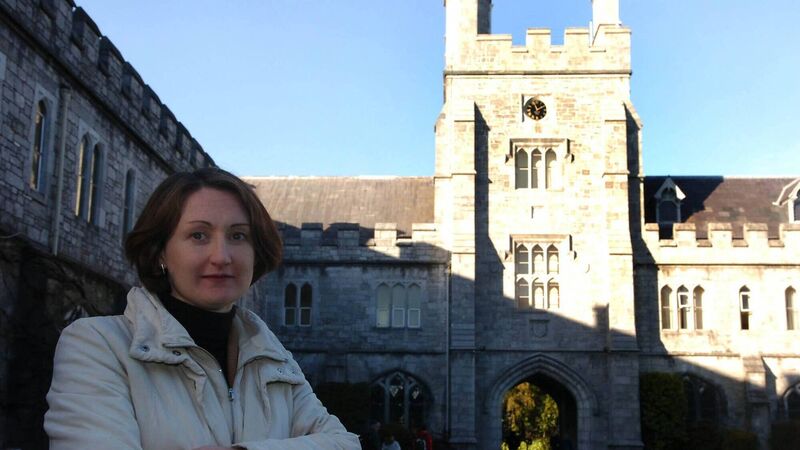More than 100 bodies left to medical science in Ireland last year

Dr Aideen Sullivan of the Anatomy Depertment at UCC said: “We are very grateful to our donors as training and research would not be possible without them." Picture: Larry Cummins
A professor at UCC has said that the donation of human remains to science is “essential for teaching” and cannot be replicated using other methods.
Aideen Sullivan, head of the Department of Anatomy and Neuroscience at University College Cork, was speaking as new figures from the Medical Council show 107 bodies were left to science in Ireland last year.










